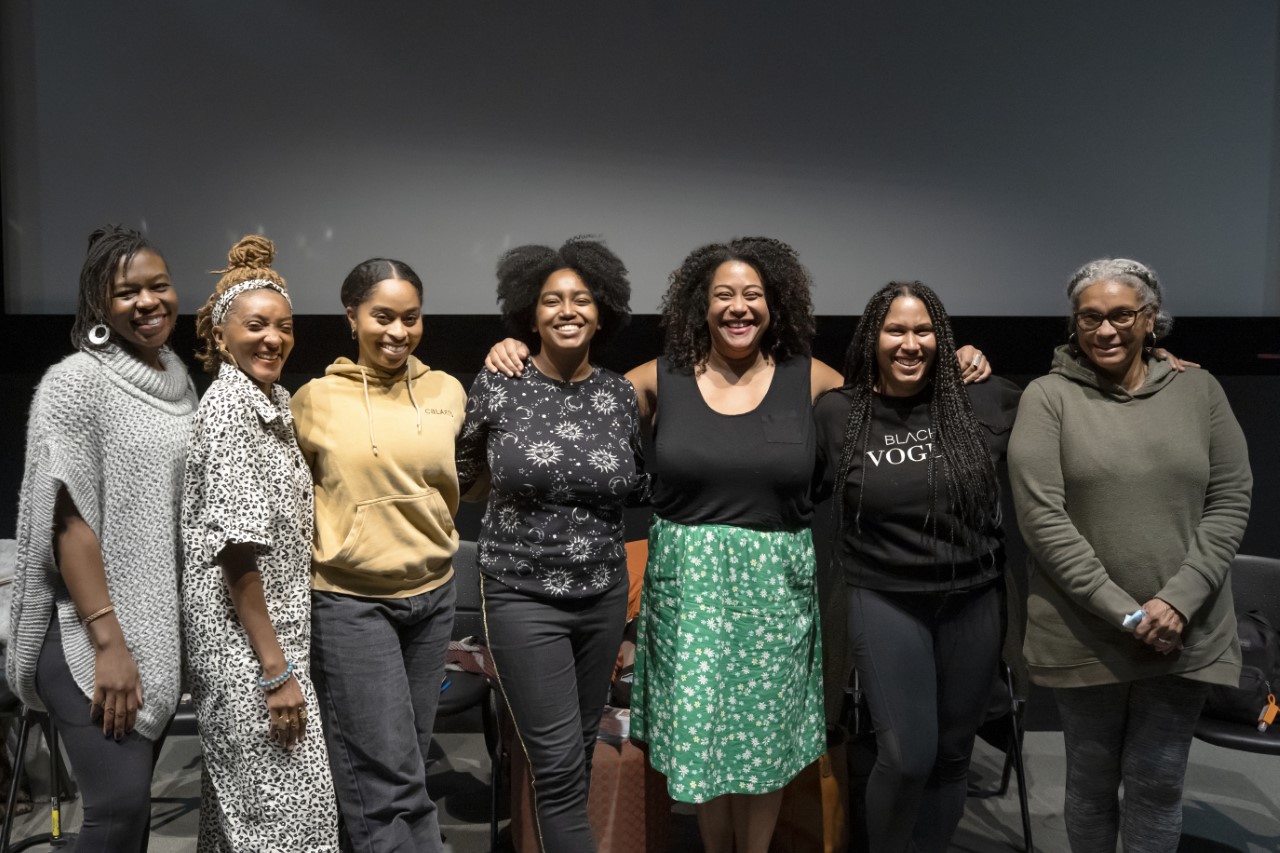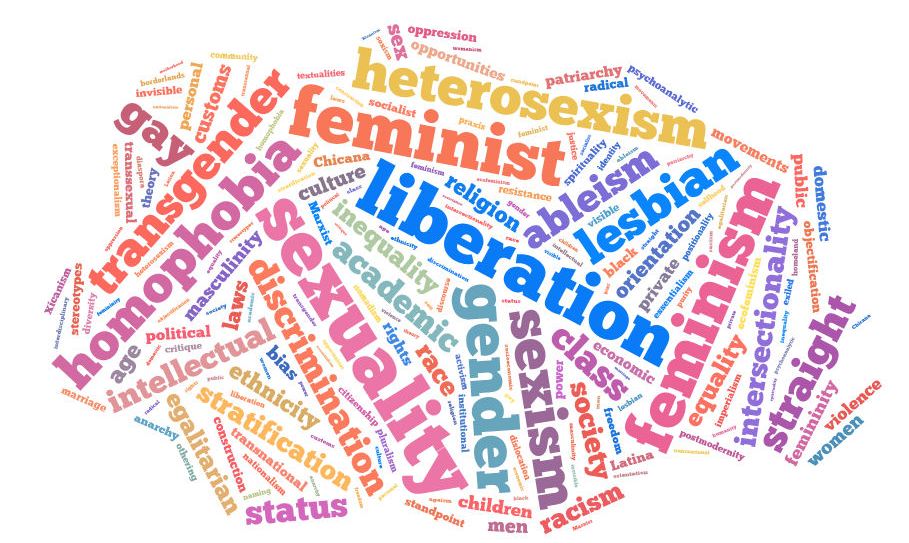By Sage Reynolds
Lisa Marie Rollins contains multitudes.[1] She is a writer, director, professor, scholar, and artist. She is a Black woman who is pushing the boundaries of theater to transform reality, reject institutional frameworks that have been historically oppressive, and create new worlds that elicit a sense of belonging for all bodies that move through the world. Prof. Rollins is a theater professor at Colorado College and the block plan helps make time for both her artist self and academic self. This duality, Prof. Rollins expressed, makes her whole and full; she cannot be one without the other and thus rejects the fragmentation that academia and research can generate. Currently, a lot of her work focuses on ancestral histories; Prof. Rollins is interested in exploring and thinking about Black women excavating their own work, bodies, identities, and histories. This work mostly takes the form of playwriting. Prof. Rollins has written and directed many plays – Love is Another Country is the most recent play she wrote which reflects on the past and acknowledges the present through the navigation of Black women’s generational trauma and the systemic deaths of Black people by police. Professor Rollins’ main research question at play is: if we acknowledge how much world-making potential the theater has to offer, how do we transform reality and create one that is not based on this world?

This image is from the panel with Prof. Rollins and the directors, actors, and co-creators of “Love is Another Country.”
Reflecting on Professor Rollins’ research/scholarship with a feminist, methodological framework in mind was not a difficult endeavor. Most of what Prof. Rollins had to say about her work and research processes was heavily informed by a feminist methodological view. As I listened to Prof. Rollins speak about how she views her work and how she wants it to be viewed and interacted with, it was clear that her research/scholarship is continually pushing, rejecting, reimagining, and critiquing traditional forms of knowledge production. Professor Rollins claims a sense of intentionality within her work, which is key to challenging the dominant methodologies of theater. She notes how her research is challenging traditional theater epistemology by using collective knowledge to create new realities while also valuing the ways that Black women have been using theater for years. I see Prof. Rollins’ scholarship as a director and playwright as resisting dominant forms of knowledge production because one of Prof. Rollins’ essential “research methods” is dreaming. I see dreaming as a contribution to feminist methodology because the institutions of academia and theater cannot control a person’s dreams – as Professor Rollins said in the interview: “I can dream all I want, you have no control over what my dreams do and what theater is for me, I can change reality if I want to” (Rollins). Dreaming as a part of research is to push against the boundaries of research and power because it takes seriously embodied, intimate, and collective forms of knowledge that come from excavating oppressive, systemic patterns. Prof. Rollins seeks to combine the theater with dreaming in order to center a work of reorientation, reimagination, and rebuilding of the structures that her work simultaneously shatters.
This work of reimagining, which is pivotal to understanding Prof. Rollins’ research/scholarship, challenges Western thought and power – knowledge from a distance – and centers embodied and collective forms of knowledge. Professor Rollins declared that she is an artist that works in collaborative ways – mentorship, providing opportunities to the theater – because she “is so interested in the ways in which other people’s minds work” (Rollins). Professor Rollins then uses this collective knowledge to think about intimacy – a form of embodied knowledge. “Love is Another Country” explores the way in which being intimate with one another can be an act of resistance because capitalism isolates humans. From a feminist methodological framework, intimacy is a form of collective and embodied knowledge to be taken seriously, and Prof. Rollins’ research/scholarship does just that.
Works Cited
Rollins, Lisa Marie. Personal Interview. 9 December 2021.
Whitman, Walt. “Song of Myself (1892 Version) .” Poetry Foundation, Poetry Foundation, https://www.poetryfoundation.org/poems/45477/song-of-myself-1892-version.
[1] This wording is inspired by Walt Whitman’s poem “Song of Myself.”











